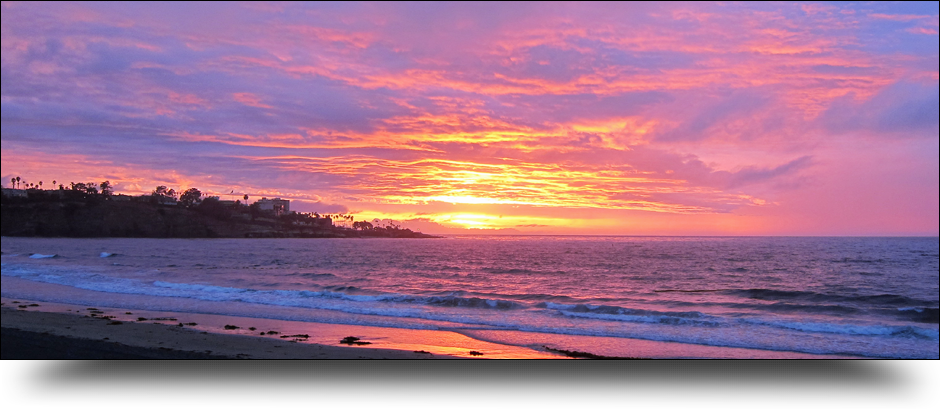 It’s been 3 busy months since my first update, Progress Report, April 16th and 4 months since A Novel Change in the Scafverse.
It’s been 3 busy months since my first update, Progress Report, April 16th and 4 months since A Novel Change in the Scafverse.
A lot of big changes have happened in those months: Crystal is Silicon Valley’s Newest Venture Capitalist! and We Found a Place to Live in San Francisco!.
I finally put together a spreadsheet to keep track of my self-study course (what I’m reading and what still needs to be read): my self-study course for the Novel is an astounding 6,120 pages. Studies and stats suggest that a good reading pace for this type of technical material is 6 minutes per page for comprehension. Wow! My reading course is 612 hours long. To put that in perspective, an Ivy League semester long course-load is expected to be 50 hours a week for 16 weeks, or 800 hours. Considering that the average semester consists of 4-5 classes, I’m looking at three full-time semesters worth of writing and grammar courses!!! Yikes! The good news is that I’ve completed about one “semester” equivalent so far, which is about half of the basics that I am considering prerequisites to continue work on the short stories, of which there are five. My final semesters will take place after writing the short stories and will consist of reading that directly relates to research surrounding themes I’ll be exploring, and then writing the Luchorpan novel itself.
My courses?
- Story Writing, Top-Down Overview (113 of 204 hours completed; 6 books);
- Writing Structure (106 of 197 hours completed; 10 books);
- Thematic to Plot (0 of 154 hours; 4 books); and
- Language, Spelling and Grammar (0 of 57 hours; 3 books).
My semesters?
- Semester I & II: Story Writing, Top-Down Overview; Writing Structure; and Language, Spelling and Grammar (Core/ Prerequisite Coursework)
- Semester III: Creative Writing/ Short Story Workshop (Writing, Revision & Editing; Intro to Publishing)
- Semester IV: Thematic to Plot (Advanced Research Coursework)
- Semester V: Creative Writing– Fiction Novel (Advanced Fiction Writing/ Study of craft and revision, with the goal of producing a long work of sophisticated fiction)
Writing Course Spreadsheet (expand with this link)





















